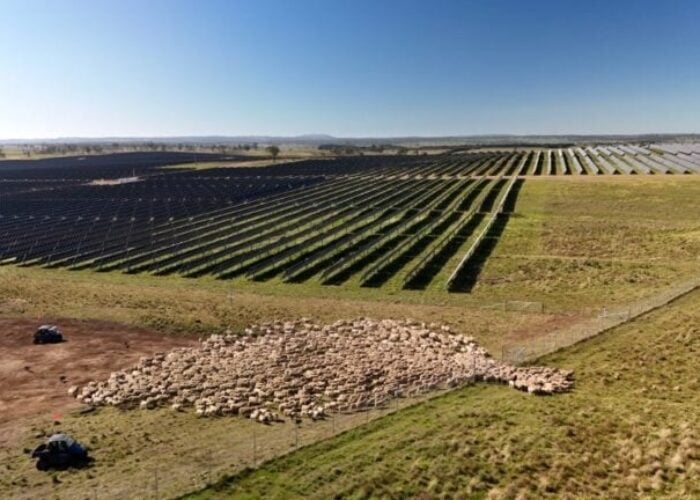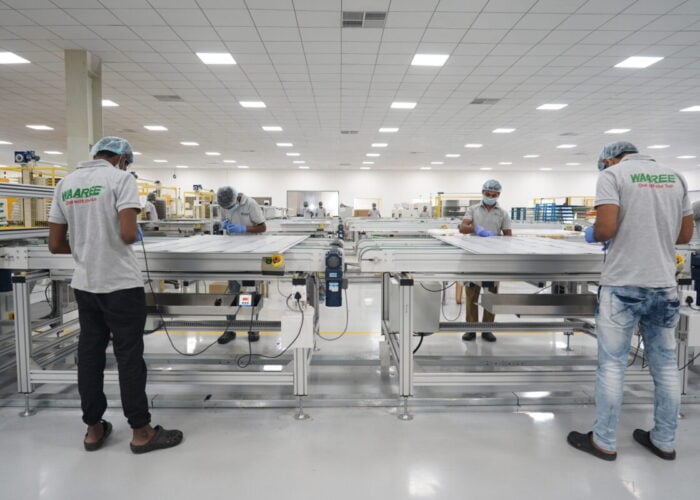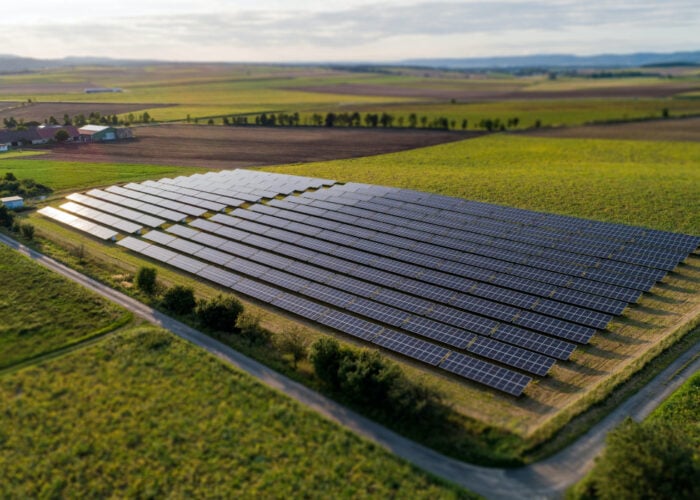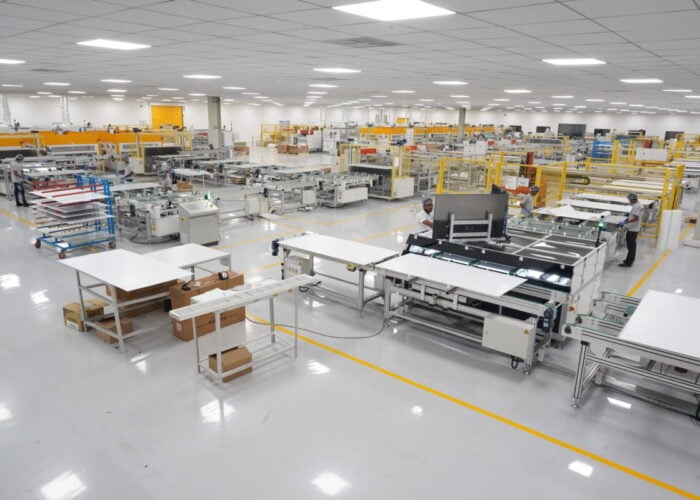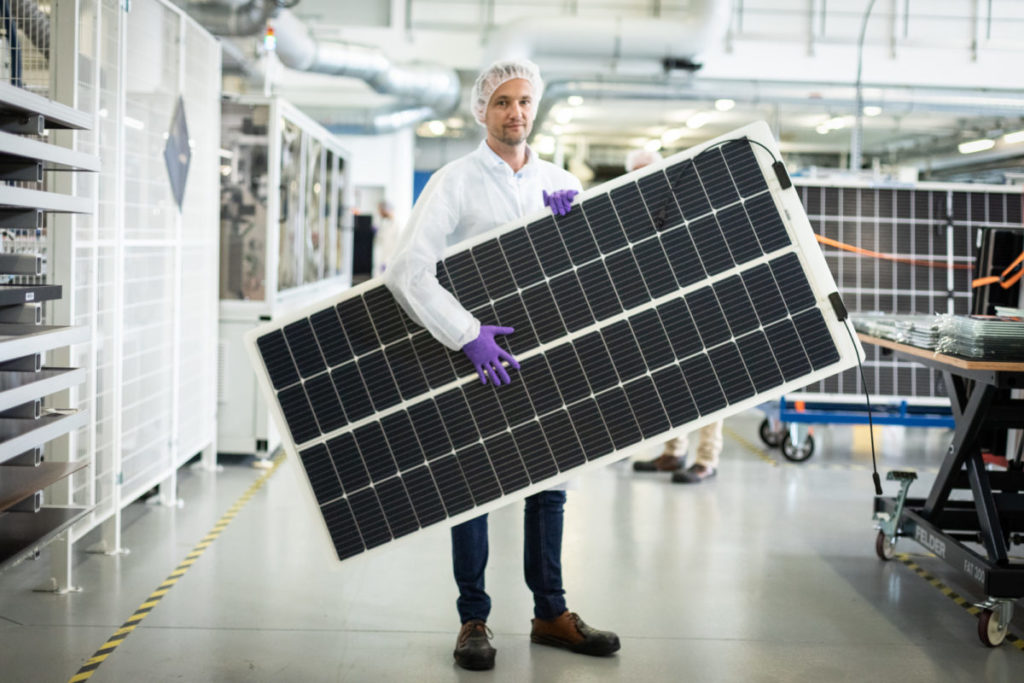
French startup Heliup has secured €10 million (US$10.5 million) in an investment round of financing for a 100MW PERC lightweight module assembly line in France.
The investment round has been led by venture capital company Starquest Capital with the backing of innovation group EIT InnoEnergy, French banking firm BNP Paribas Développement and real estate company IDEC Group. The company is also backed by BPI France, the France 2030 investment plan and several banks to complete the financing.
Unlock unlimited access for 12 whole months of distinctive global analysis
Photovoltaics International is now included.
- Regular insight and analysis of the industry’s biggest developments
- In-depth interviews with the industry’s leading figures
- Unlimited digital access to the PV Tech Power journal catalogue
- Unlimited digital access to the Photovoltaics International journal catalogue
- Access to more than 1,000 technical papers
- Discounts on Solar Media’s portfolio of events, in-person and virtual
Or continue reading this article for free
With a focus on the rooftop market – for commercial, logistics and industrial buildings – the modules produced in the new production line will use Passivated Emitter and Rear Contact (PERC) technology, however the company aims to move towards tunnel oxide passivated contact (TOPCon) “as soon as possible” says Yannick Veschetti, CEO and co-founder of Heliup.
The French startup will build ultra-light modules, combined with a special integration which reduces the weight of the solar power plant by 60% and saves on installation time and costs.
The company uses a patented technology from CEA developed over three years at INES (National Institute for Solar Energy), which is based on the conservation of ultra-thin glass of less than 1mm and the installation of the solar panels through direct bonding of panels to the waterproofing membrane.
Two different types of solar modules are being built by the startup, one for flat roofs – called Stykon – and provides resistance to mechanical impact such as hail, while the other is for pitched roofs – dubbed Lighton – with a market entry scheduled for 2025.
The production line is expected to be operational during 2024, with a target to progressively increase the production to 500MW before 2027, added Veschetti.
“We are extremely grateful to our investors for their continued support of our vision to make solar energy more accessible and efficient than ever. This fundraising will enable us to accelerate our mission to contribute to the transition to cleaner energy,” said Veschetti.
Moreover, if the French rooftop market will be the company’s primary target, it expects to export its panels to other markets in the future.
Both EIT InnoEnergy and IDEC Group are behind another French startup, Holosolis, which was founded by the former and targets to build a solar module assembly plant in France with 5GW of annual nameplate capacity and with commercial production expected to start in 2025.


